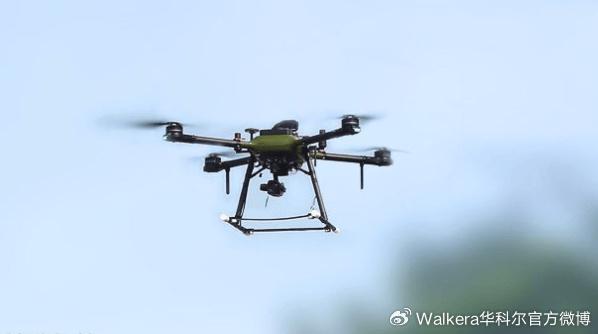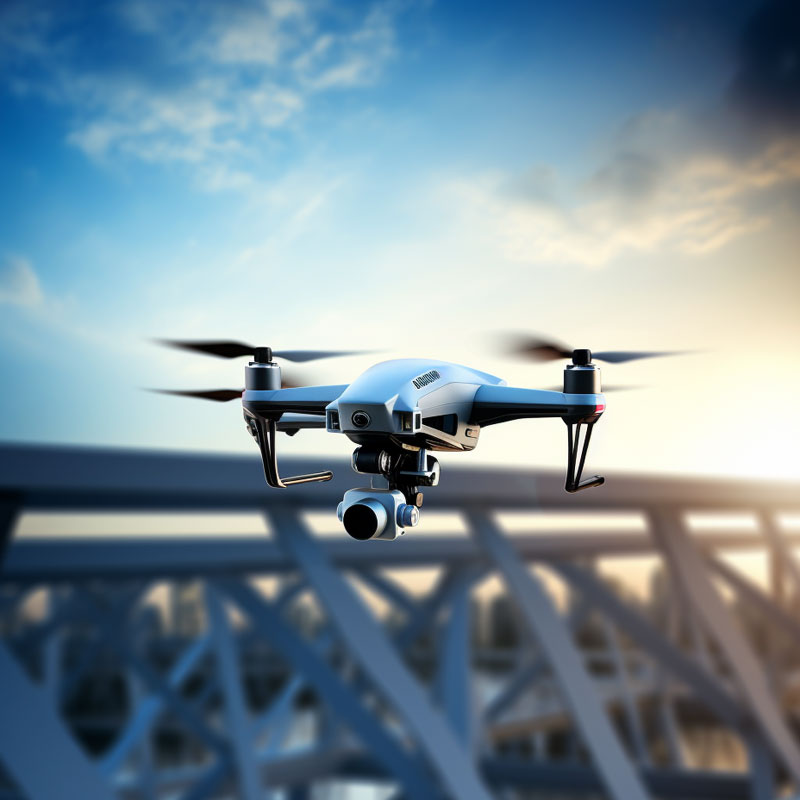With the increasing popularity of drones in both recreational and commercial settings, many aspiring pilots are curious about the regulations surrounding drone operation. A common question is, do I need a license to fly a drone? The answer can vary based on your location and purpose of operation, which makes it crucial to understand the rules that apply to you.
Drone Regulations in the United States
In the United States, the Federal Aviation Administration (FAA) governs the use of drones. They classify drones into two major categories: recreational and commercial.
Recreational Use
For those flying drones purely for fun, no formal license is typically required. However, operators must follow the basic safety guidelines, such as flying below 400 feet above ground level, keeping the drone within visual line of sight, and avoiding operations near airports. The FAA’s recreational flyer rules must be adhered to, and registration is required for drones weighing over 0.55 pounds.
Commercial Use

Anyone who uses a drone for commercial purposes—meaning any use that might derive profit or result in valuable consideration—needs to obtain a Remote Pilot Certificate from the FAA, also known as the Part 107 license. To get this certification, applicants must pass an aeronautical knowledge test that covers topics such as airspace regulations, drone operations, and safety procedures.
International Regulations
Droning laws vary significantly around the world. For instance, in the UK, drone pilots must register and undergo testing similar to the FAA’s requirements. On the other hand, countries like India have stringent regulations, demanding both registration and licensing even for recreational users.
Always check the local regulations before planning to fly your drone internationally.
Other Considerations
Besides the legal aspects, aspiring drone pilots should consider ethical practices like respecting privacy and avoiding disruption of wildlife.
Innovative Uses of Drones
Drones have revolutionized industries beyond just personal recreation. Their ability to access hard-to-reach areas quickly has made them valuable tools in agriculture, search and rescue operations, and even filmmaking, with stunning aerial shots that were once difficult to achieve.
Frequently Asked Questions
- What is Part 107?

Part 107 is a set of regulations under the FAA that outlines the requirements for commercial drone operations in the U.S., including the need for a Remote Pilot Certificate.
- Can I fly my drone at night?
Flying drones at night is subject to specific regulations and usually requires waivers, particularly for commercial flights under Part 107 rules.
- What if I’m flying over private property?
It’s advisable to seek permission from property owners when flying over their land to avoid legal complications, especially in densely populated areas.
